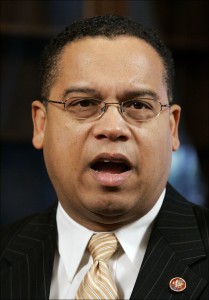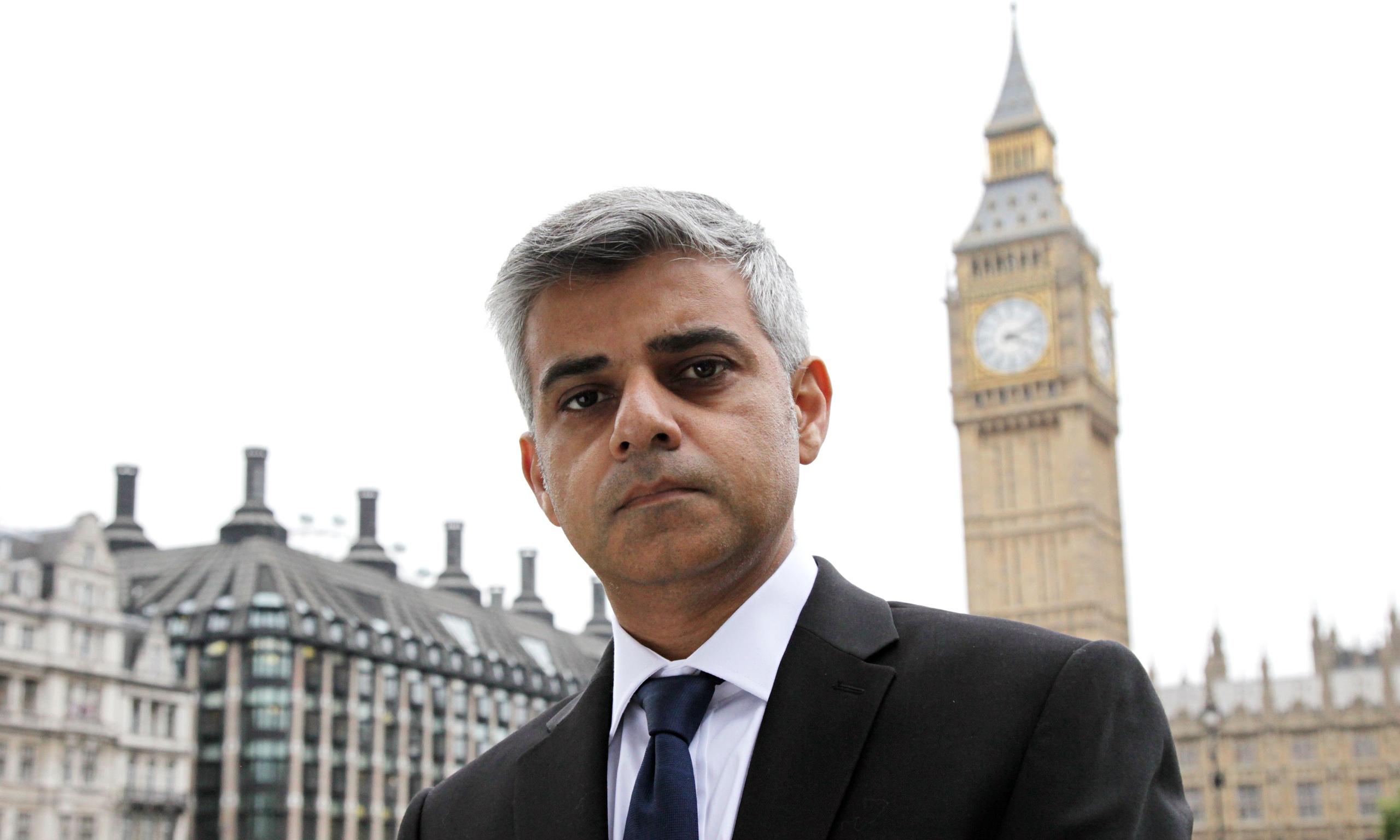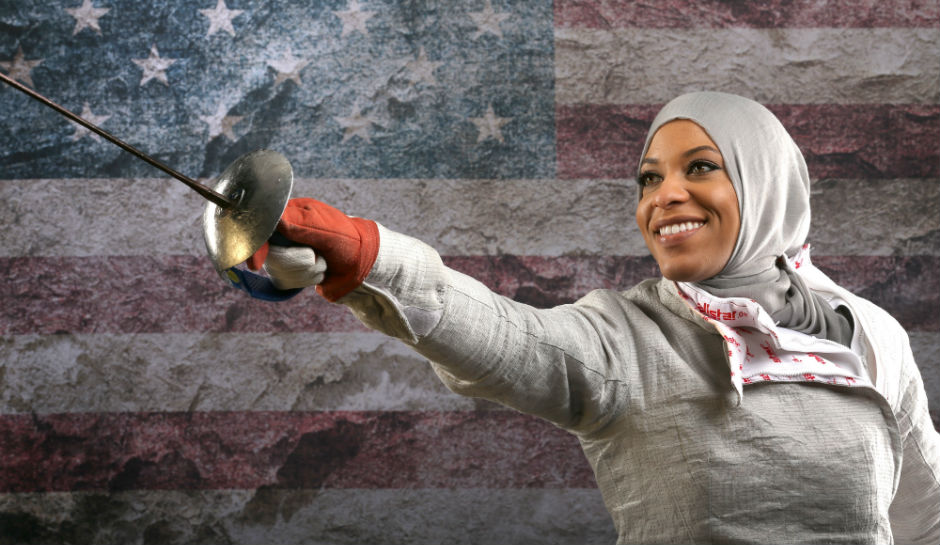December 13-2013

. . . first in Congrerss
In 2006, Keith Ellison became the first Muslim ever elected to the US Congress. One other, also an African-American convert to Islam, has since been elected.
Ellison, who represents Minneapolis, Minnesota, drew considerable media attention when he was sworn into office on a copy of the Qoran once owned by President Thomas Jefferson, a reminder of the religious tolerance the nation was founded upon.
Raised by Catholic parents, Ellison recalled in an interview with Ebony magazine that respect, tolerance and social justice were constant topics in his household, and he was given the right to choose his religious path at a young age.
As a young child, Ellison said he became disinterested in Catholicism, seeing the faith as “just rules and regulations, orthodox dogma.” He stopped attending services.
“I think I was an atheist or agnostic at some point, as well,” he told Ebony, a magazine aimed at the African-American community.
It wasn’t until his sophomore year of college at Wayne State University in Detroit that Ellison first had even a brush with Islam.
“I was studying for a calculus test with a friend of mine from Libya when he said he had to leave and go to jumah and I asked, ‘What’s that?’ He thought I should come and see for myself. I was curious, so I went with him and I saw all these shoes out in the hallway in the student center at Wayne State and men and women were sitting in there on sheets and there was a speaker talking about things that were interesting to me. I was working on anti-apartheid activities at the time and I was active on racial justice and fairness issues, so I liked what the speaker was saying. I went back the week after that and started reading more on the Qoran and started reading other books on Islam.”
Later, “I was driving on the highway in one of the major arteries in Detroit called Davidson and saw a sign that said ‘Muslim Center.’ I met the guys at the Davidson Muslim Center and they welcomed me in. After going there for a month, I took the Shahada, which is the first pillar of Islam, ‘There is no god but God, and Mohammed is his messenger.’ It was Islam’s message of social justice and equality that affected me the most and satisfied my spiritual yearning and wondering about God, man, nature, and humanity.”
The Davidson Muslim Center is part of the African-American Muslim branch founded a century ago and now called the American Society of Muslims. In 1975, its leadership moved the organization into mainstream Sunni Islam, dropping its many accretions such as the assertion that its 20th Century founder was God and its opposition to white society. It is separate and distinct from the Nation of Islam, led by Louis Farrakhan, which broke away from the American Society of Muslims when it decided to adopt mainstream Islam. The American Society of Muslims remains primarily African-American but no longer bars whites from membership.
Ellison’s family was initially surprised by his conversion to Islam. But Ellison, who has a Baptist minister for a brother, says his family has “always been pretty accepting.”
Ellison later married his high school sweetheart, Kim Ellison, who was not a Muslim, though their four children were raised in the faith. Kim and Keith were divorced last year after 25 years of marriage. Kim was elected to the Minneapolis School Board last year.
Keith Ellison told Ebony, “I believe that scriptures give us insight. You approach faith with humility. You can have some idea but it boils down to: Do you see religion as a club or do you see religion as a path? Do you see it as a wall that separates you or do you see it as a bridge that connects you to God and other people? When you see it as a bridge, you aren’t so worried about bringing others over to your side.”
When confronted with members of his faith who do not share this view, Ellison says, “I try to remind people of what the Book says. I try to talk about the tolerance of Mohammad. I do not believe that it’s proper or right to impose my religion in any way. And in the Qoran it specifically says not to impose religion [e.g. “You shall have your religion and I shall have my religion”]. There are things that I don’t partake in. I don’t drink, I don’t gamble, because Islam says not to, but for those who want to, that’s their choice.
He said, “Some Muslims wonder why I work for LGBT [lesbian, gay, bisexual and transgender] rights, but it’s not for us to judge people. We trust God to decide what’s right and what’s wrong. So, yeah, I do find people in Islam who are intolerant and sometimes even violently so, but ultimately our purpose is to demonstrate tolerance, live it, show it, and speak up for it.”























